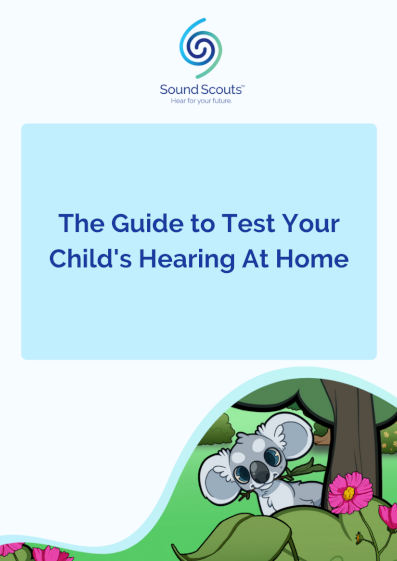Parent Resources
Welcome Parents and Caregivers!
Children use their hearing to learn about the world around them and to develop communication skills. The impact of hearing loss on a developing child can be significant, so the sooner issues are detected, and treatment or management is provided, the better the outcomes will be for the child.
Hearing issues can develop at any age, so it's important to screen your child's hearing regularly.
To check your child's hearing please use the Hearing Screening Guide available below to ensure a reliable result.

